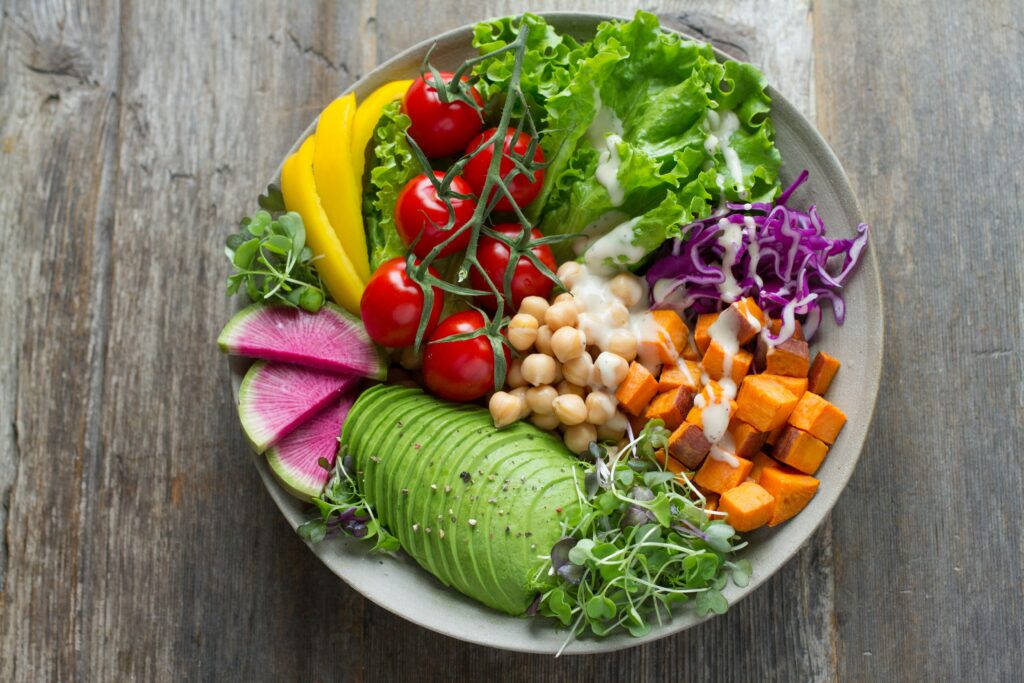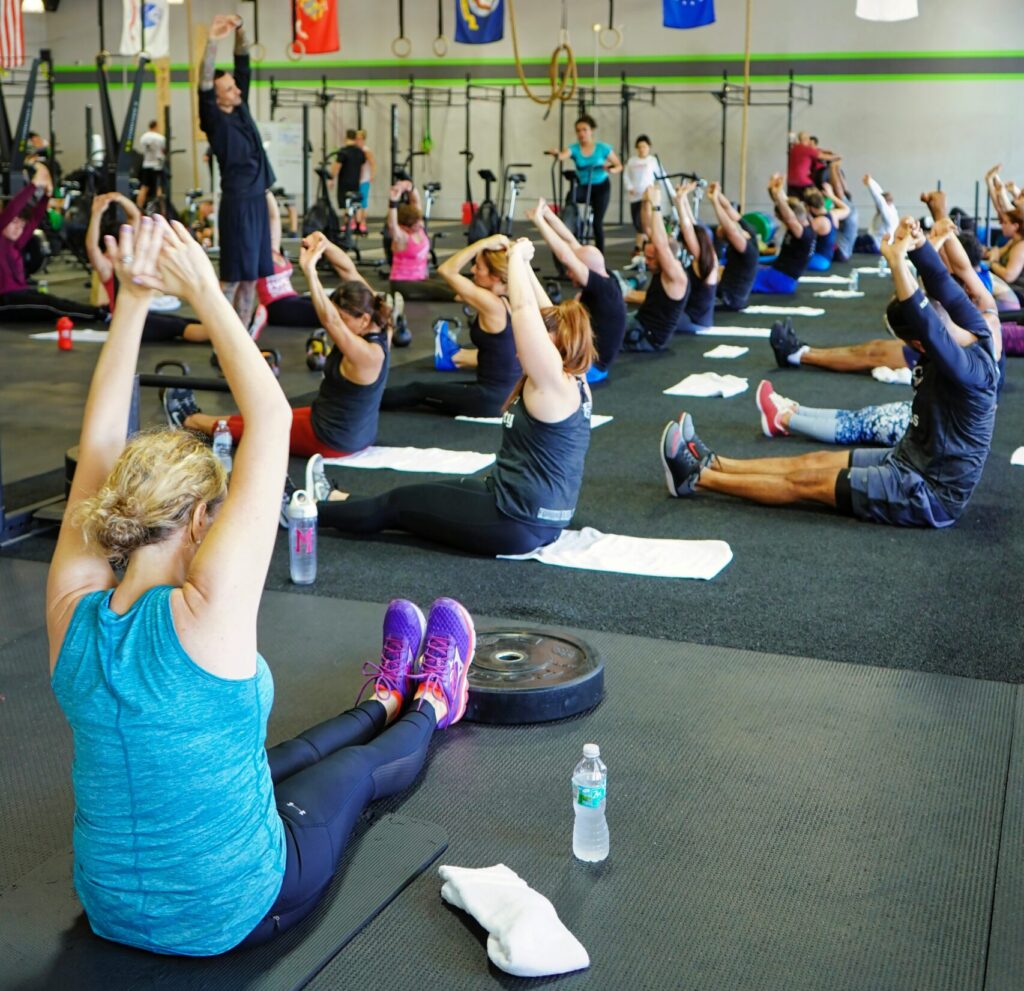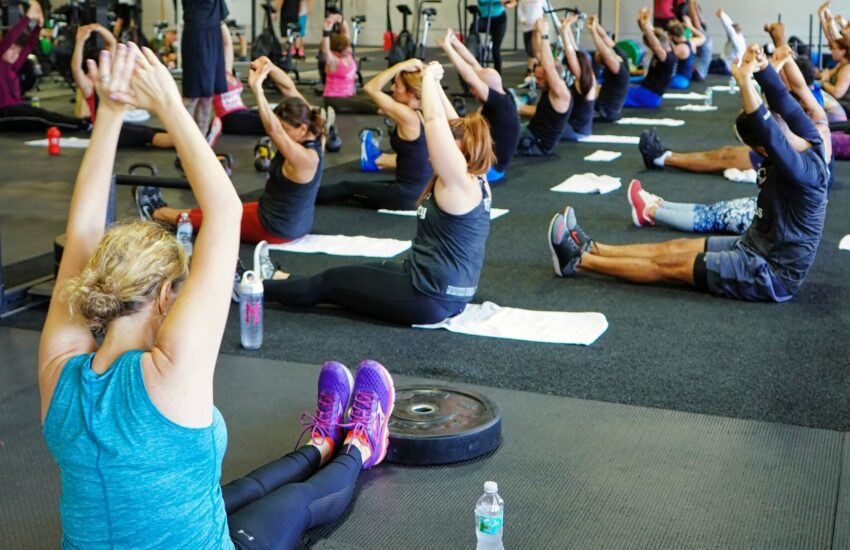Managing high blood pressure, also known as hypertension, is crucial for maintaining overall health and reducing the risk of serious complications such as heart disease and stroke. While medication prescribed by a healthcare professional is often necessary, incorporating home remedies into your daily routine can help support healthy blood pressure levels. Here are several effective home remedies for managing high blood pressure. Mohit Tandon from Illinois suggested 15 Home remedies for managing High Blood Pressure:
Reduce Sodium Intake:
Firstly, Excessive sodium consumption can contribute to high blood pressure by causing the body to retain water and increase blood volume. Limiting sodium intake by avoiding processed foods, canned soups, and salty snacks, and opting for fresh, whole foods can help lower blood pressure levels.

Increase Potassium Intake:
Secondly, Potassium helps regulate blood pressure by balancing sodium levels in the body. Incorporate potassium-rich foods into your diet to support healthy blood pressure levels. These include bananas, sweet potatoes, spinach, avocados, and oranges. – Mohit Tandon Illinois
Maintain a Healthy Weight:
Thirdly, Being overweight or obese increases the risk of high blood pressure. Engage in regular physical activity to reduce blood pressure levels. Focus on achieving and maintaining a healthy weight through a combination of balanced diet and exercise.
Dietary Modifications:
Adopting a heart-healthy diet can significantly impact blood pressure levels. Focus on consuming plenty of fruits, vegetables, whole grains, and lean proteins while limiting processed foods, saturated fats, and sodium. The DASH (Dietary Approaches to Stop Hypertension) diet, which emphasizes fruits, vegetables, and low-fat dairy products, has been shown to effectively lower blood pressure.
Regular Exercise:
Physical activity is essential for managing high blood pressure. Aim for at least 150 minutes of moderate-intensity aerobic exercise, such as brisk walking, cycling, or swimming, per week to help lower blood pressure and improve overall cardiovascular health.

Stress Reduction Techniques:
Chronic stress can contribute to high blood pressure by causing the body to release stress hormones like cortisol, which can constrict blood vessels and increase heart rate. Practice relaxation techniques such as deep breathing, meditation, yoga, or tai chi to help reduce stress levels and lower blood pressure.
Limit Alcohol Consumption:
Excessive alcohol consumption can raise blood pressure and increase the risk of hypertension-related complications. Limit alcohol intake to no more than one drink per day for women and two drinks per day for men to help manage blood pressure levels.
Quit Smoking:
Smoking damages blood vessels and contributes to the development of high blood pressure and cardiovascular disease. Quitting smoking can improve blood pressure and overall health. Seek support from healthcare professionals, counseling, or smoking cessation programs to quit smoking successfully. – Mohit Tandon Illinois
Increase Magnesium Intake:
Magnesium plays a role in regulating blood pressure and relaxing blood vessels. Include magnesium-rich foods in your diet to support healthy blood pressure levels. These include nuts, seeds, leafy greens, whole grains, and legumes. Alternatively, consider taking a magnesium supplement under the guidance of a healthcare professional.
Monitor Blood Pressure Regularly:
Keep track of your blood pressure levels at home using a reliable blood pressure monitor. Regular monitoring allows you to track changes over time and make necessary adjustments to your lifestyle and treatment plan under the guidance of your healthcare provider.
Herbal Remedies:
Certain herbs and supplements may help lower blood pressure levels. Consider incorporating herbs such as garlic, hibiscus, ginger, and cinnamon into your diet. Alternatively, consult with a healthcare professional about the use of supplements like fish oil, CoQ10, and Hawthorn extract for managing high blood pressure.
Adequate Sleep:
Poor sleep quality or insufficient sleep can contribute to high blood pressure. Aim for 7-9 hours of quality sleep per night to support overall health and maintain healthy blood pressure levels.
Limit Caffeine Intake:
While moderate caffeine consumption may have minimal effects on blood pressure, excessive caffeine intake can temporarily raise blood pressure levels. Limit caffeine intake from coffee, tea, energy drinks, and soda to help manage blood pressure effectively. – Mohit Tandon Illinois
Stay Hydrated:
Dehydration can lead to increased blood pressure. So it’s essential to stay hydrated by drinking plenty of water throughout the day. Aim for at least 8 glasses of water per day or more depending on individual needs and activity level.
Consult with a Healthcare Professional:
While home remedies can be beneficial for managing high blood pressure, it’s essential to work closely with a healthcare professional. Together, you can develop a comprehensive treatment plan tailored to your individual needs. Your doctor can provide personalized recommendations, monitor your blood pressure regularly, and adjust your treatment as needed to achieve optimal blood pressure control.
Incorporating these home remedies into your daily routine, along with regular medical check-ups and adherence to prescribed medications, can help you effectively manage high blood pressure and reduce the risk of associated complications. Remember to consult with your healthcare provider before making significant changes to your diet, exercise regimen, or supplement routine, especially if you have underlying health conditions or are taking medications.
